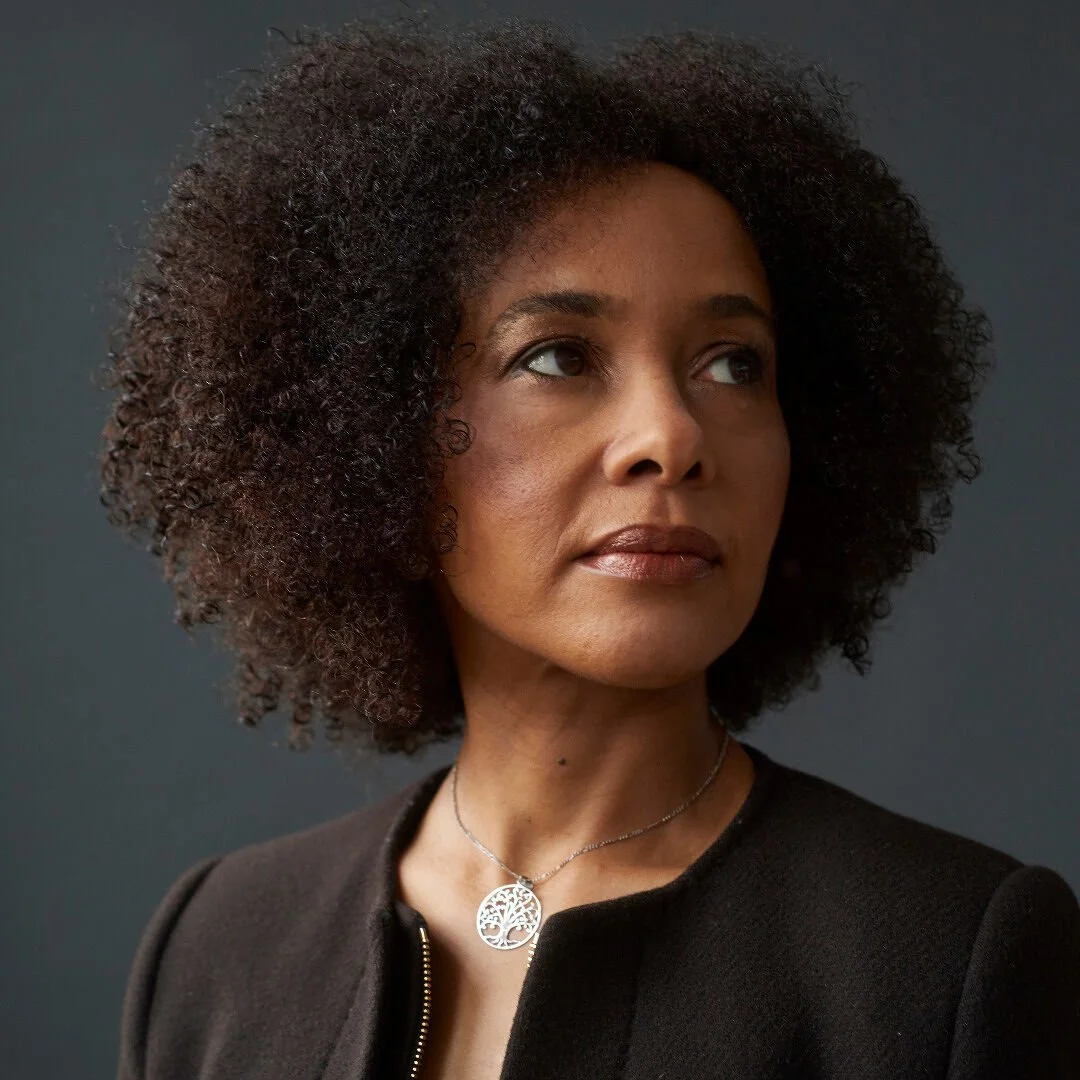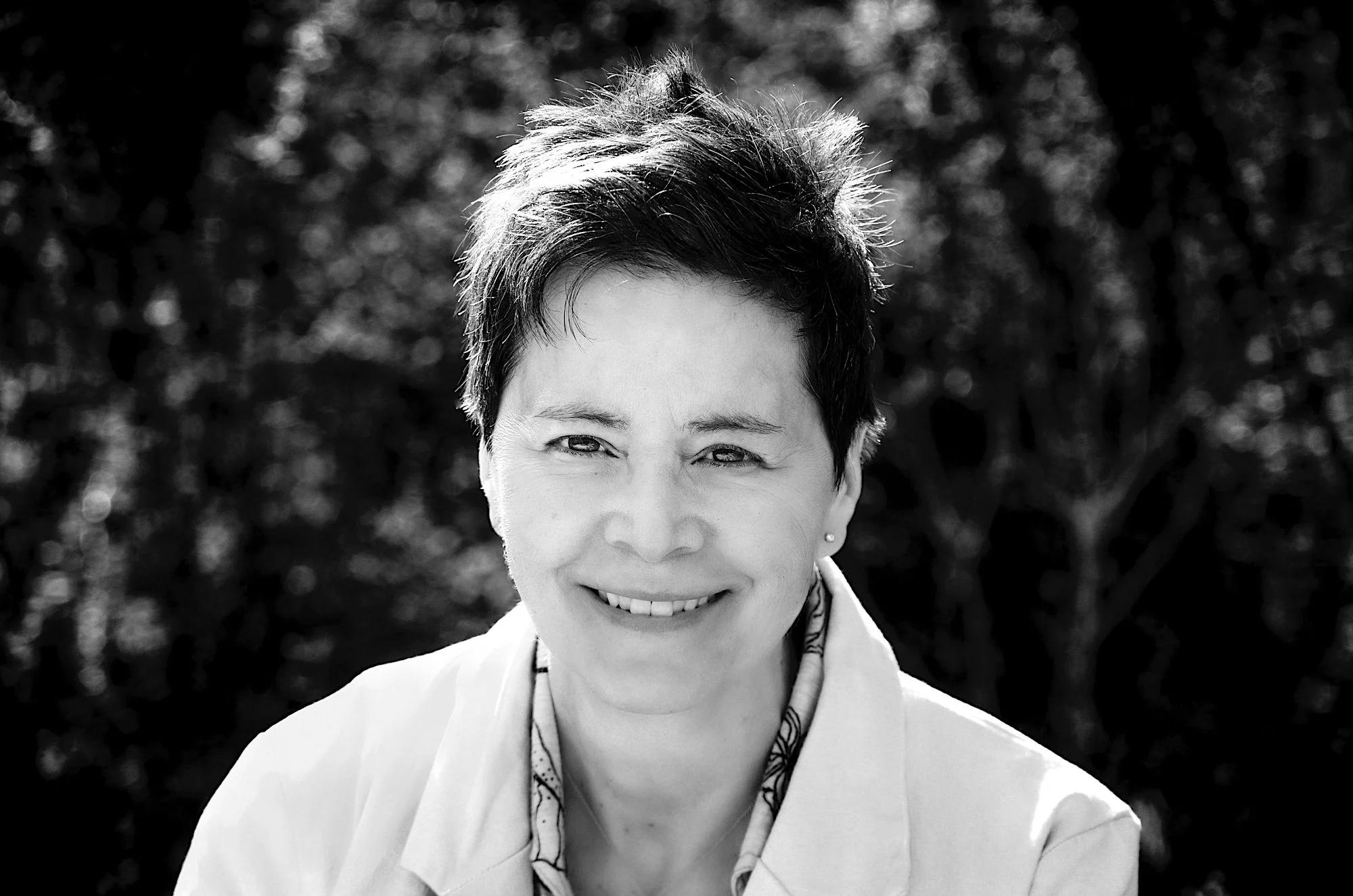26a by Diana Evans
Diana Evans is the author of several novels, including Ordinary People, The Wonder and A House for Alice. Her first novel, the magical 26a, received the UK’s prestigious Orange Award. This superb, quirkily rendered tale about biracial twins is based on Evans's relationship with her own twin sister, who committed suicide. Like the girls in the novel, Evans grew up in Britain, born to a Nigerian mother and British father. This novel asks us to compare the issues of race and place, although the title indicates Evans’ preoccupation with the latter. 26a is the loft 7- year-old Bessi and Georgia Hunter call home. Of course, the other members of their family - their glamorous older sister, adorable little sister, their Nigerian mother, Ida, and Aubrey, their British father, inhabit the rest of 26 Waifer Ave. But in the loft, the twins have created a world unto themselves filled with significant objects like Bessi's best bed and Georgia's special window. They have bean bag chairs upon which they sit to ponder difficult subjects, especially their parents' ever impending divorce.
Together, the twins recall their uneasy entry into the world: "Two furry creatures with petrified eyes staring into the oncoming headlights, into the doubled icy sun, into possibility. It helped explain things. It reminded them of who they were."
This memory also explains their powerful attachment to Ham, their pet hamster, upon whose death Evans bestows existential meaning: "(Ham) could hear the faint echo of bells. But it was all history. ... It had been very small, this life. The last thing he saw: the two of them enclosed in a yellow hula-hoop, edging out into the garden."
There is an element of absurdity in the elevated tone Evans uses to describe a hamster's dying days and yet the loss of this tiny creature cannot be casually dismissed. The scene is an example of the author's whimsical style, which delineates the magical essence of the twins' sensory experience. Evans invents an idiom and diction that contrasts with sober realism, reminding us of language's poetic roots and enabling us to perceive the commonplace in a fresh way.
Gladstone Park, UK
If place is the overriding concern of this novel, then place represents more than space. It includes people, objects and time, past and present. The Hunters live in Neasden, well outside London's dizzying environs. The small town is erected on the paved grounds of a vast Victorian golf course. It is home to Gladstone Park, which contains the former prime minister's house. Situating a Black family in the English countryside, near a venerable Victorian landmark, is a way of accentuating their essential Britishness.
The twins are 8-year-olds when Prince Charles weds Lady Diana. They take advantage of this event, and others, to speculate on their parents' strife-ridden union in which Ida's longing for Nigeria is compounded by Aubrey's English edginess and patriarchal tirades.
Ironically, Ida weds Aubrey to escape a traditional arranged marriage. They meet in Lagos in the 1960s, where he is working for a British financial firm. He is unlike anyone she has ever known: "He had on too many clothes - and a tie! He was white with hair too white to be blond and he had the look of someone who was always alone." They wed as near strangers and their cultural differences hamper their ability to know one another.
Things improve somewhat when Aubrey is transferred to Nigeria, an adjustment that proves relatively painless. "For home had a way of shifting," thinks Georgia, "of changing shape and temperature. Home was homeless. It could exist anywhere, because its only substance was familiarity."
Lagos, Nigeria (photo by Muhammad Ibrahim)
Still, it is in Nigeria where the issue of race is stressed for the first time. When Ida visits her parents, the villagers gawk at her "white husband and yellow children." And it is in Nigeria where Aubrey's co-workers regularly mistake Ida for the hired help. It is also in Nigeria that Georgia is sexually molested. She is never the same, growing clumsy and reclusive and finally developing symptoms of obsessive-compulsive disorder. Georgia's illness worsens slowly over time, after the family returns to Britain, and even while the twins pursue the teenage round of smoking, dating and dreams of becoming rich (selling flapjacks). Georgia never tells Bessi that she was molested because "Bessi is the place where bad things never happen."
Nigeria and Britain are not just examples of place, they are places of race, and in 26a, Britain emerges as the safer and more racially benign. Actually, it is not colour, but gender - menacing males - that presents the girls' greatest dilemma. Still, the novel acknowledges that Black people are often required to pledge allegiance to either race or place, even though, like everyone else, they are made up of both.
An earlier version of this piece appeared in the Montreal Gazette.







